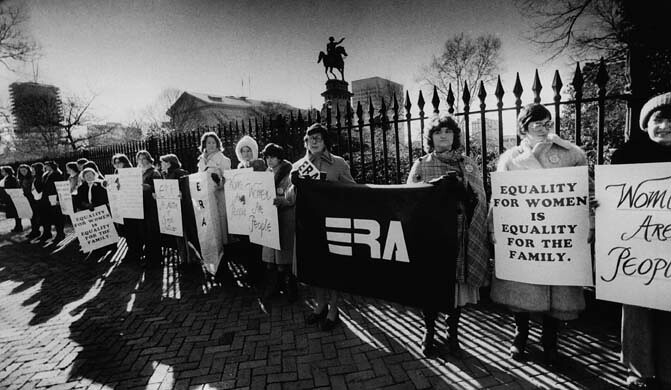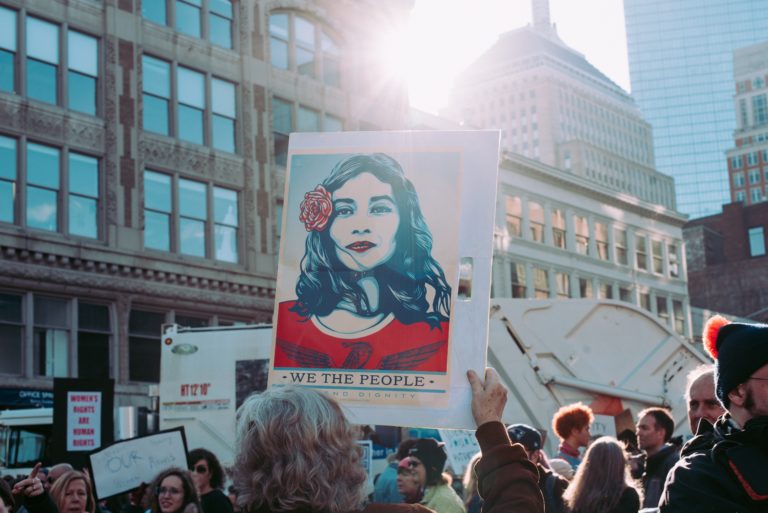Happy Women’s Equality Day! Here are four ways you can celebrate today: Learn about…
The National Women’s Political Caucus: A Brief History

On July 10th 1971, more than 320 women came together in Washington D.C. to found the National Women’s Political Caucus (NWPC), the first national organization devoted to increasing women’s involvement in all aspects of political life. They were led by trailblazing leaders (including Gloria Steinem, Shirley Chisholm, and Bella Abzug) who believed that political participation was a necessary aspect of achieving gender equality. In fact, the organization’s founding occurred directly after Congress failed to pass the Equal Rights Amendment (ERA) a year earlier in 1970.
Although the NWPC faced many challenges, the organization proved to be incredibly successful even in its early years. In 1971, the NWPC immediately launched Women’s Education for Delegate Selection, a campaign to assist women across the nation in becoming delegates to the 1972 party conventions. As a result, the number of women at the Republican National Convention doubled and the number at the Democratic National Convention tripled in 1972.
Following their success, the NWPC held their first convention in Houston in the February of 1973 where they formally established a framework for the organization: recruit, train, and support. Using this framework, the organization launched the Win With Women campaign in 1974 to increase the number of women running for state office, and the Coalition for Women’s Appointments in 1976. Over the next three years, the number of women holding full-time appointed positions increased by 10%.
Through it all, the NWPC continues to fight for the ratification of the ERA. A proposed amendment becomes part of the Constitution as soon as it is ratified by 38 states, and, so far, 37 states have ratified the ERA.
In 1971, women made up only 4.7% of state legislators, compared to 28.7% today. In 1971, there were only 15 Congresswomen; now, there are 127 women members of Congress. There is still a lot of work to be done, but the NWPC has proved that it is possible.






